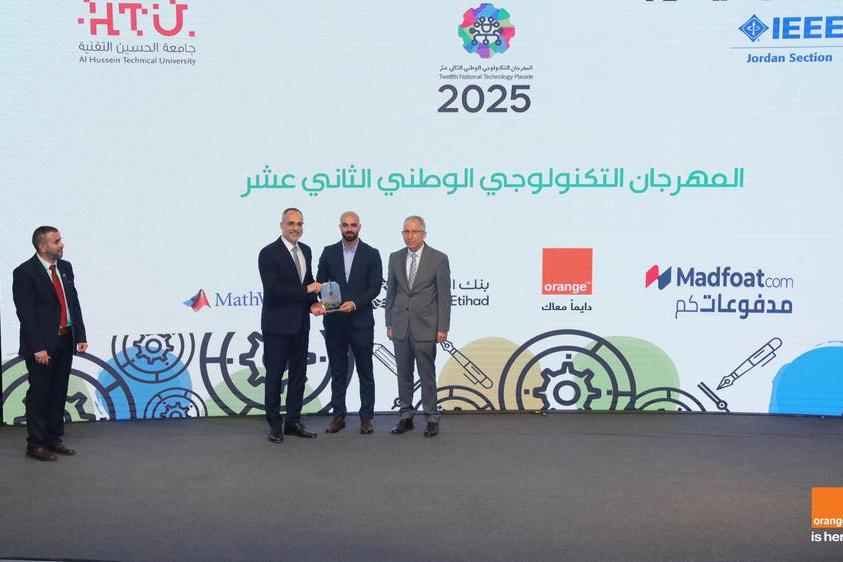Elon Musk Slams Waymo's Driverless Tech as 'Crutch,' Defends Tesla's Vision-Only Approach

The ongoing rivalry between Tesla and Waymo has been a central theme in the autonomous driving landscape. Waymo, backed by Google's parent company Alphabet, has been operating fully driverless ride-hailing services in select cities for years, utilizing a comprehensive array of sensors including lidar, radar, and cameras. Volkswagen is also making significant strides, integrating Waymo's technology into its vehicles and aiming for widespread deployment.
Musk's criticism stems from his belief that relying on numerous sensors creates an overly complex and brittle system. He contends that a truly intelligent vehicle should be able to navigate and understand its environment using cameras alone, mimicking human perception. "The more sensors you add, the more complex the system becomes, and the more points of failure you introduce," Musk stated in a recent interview. He further elaborated that Waymo’s sensors are essentially “expensive crutches” that prevent the system from learning to truly understand the world.
Tesla’s approach, in contrast, is simpler – relying entirely on eight cameras to provide a 360-degree view of the surroundings. While this strategy has faced skepticism, Tesla is adamant that its 'Full Self-Driving' (FSD) beta software is steadily improving, leveraging neural networks and vast amounts of driving data collected from its fleet of vehicles. The company's ultimate goal is to achieve Level 5 autonomy – complete self-driving capability in all conditions – without the need for any external sensors.
However, Tesla's progress towards full autonomy has been slower than initially projected. The FSD beta has been criticized for its occasional errors and reliance on human intervention. Meanwhile, Waymo continues to expand its driverless operations and refine its technology, demonstrating a more immediate and arguably safer approach to deploying autonomous vehicles. The debate highlights a fundamental difference in philosophies: Waymo prioritizes immediate safety and operational reliability through redundancy and sensor fusion, while Tesla prioritizes a long-term vision of simpler, more adaptable, and ultimately more scalable self-driving technology.
The future of autonomous driving remains uncertain. Whether Musk's vision-only approach will ultimately prove superior to the sensor-rich strategies employed by Waymo and others remains to be seen. One thing is clear: the competition between these companies is driving innovation and pushing the boundaries of what's possible in the world of self-driving cars. The ongoing debate underscores the complexities and challenges involved in creating truly autonomous vehicles that are both safe and reliable.






